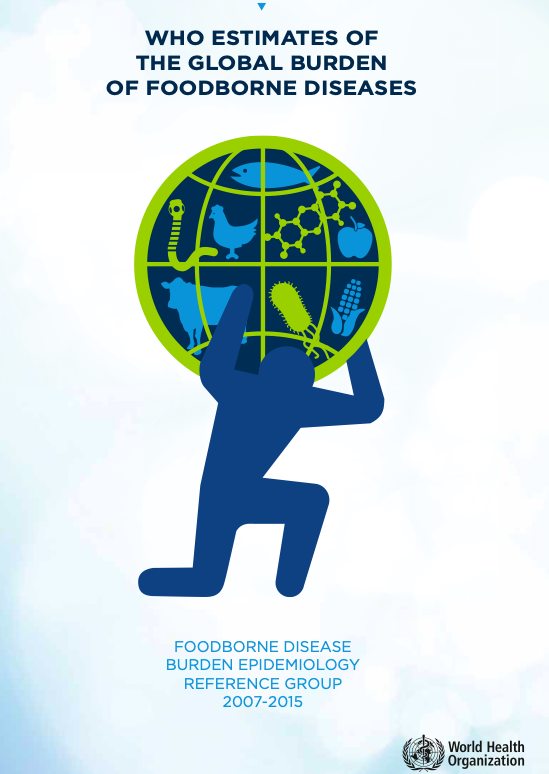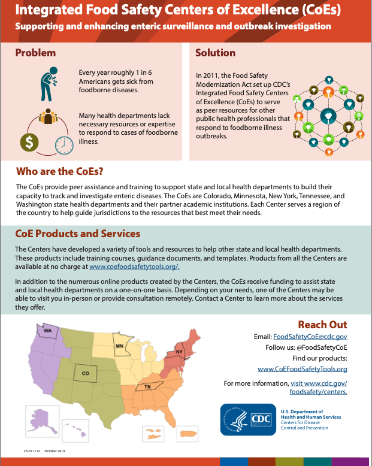Completed Research

FOODBORNE DISEASE BURDEN EPIDEMIOLOGY REFERENCE GROUP
(FERG)
In 2007, the World Health Organization established the Foodborne Disease Burden Epidemiology Reference Group (FERG) to serve as an advisory body to lead its initiative to Estimate the Global Burden of Foodborne Diseases.
The initiative also aimed to strengthen other countries' assessments to understand the burden of foodborne disease and encourage them to use these estimates for prevention, intervention, and control measures, including implementing food safety standards to improve food safety systems at the national level. Dr. Arie Havelaar, a preeminent professor from the Institute for Sustainable Food Systems, Emerging Pathogens Institute, and Animal Sciences Department, serves as the FERG Chair. Outcomes of this project are available here.
WHO has newly appointed 26 FERG members in 2021 to prepare, by 2025, a new report on the global burden of foodborne diseases with up-to-date estimates of global foodborne disease incidence, mortality and disease burden in terms of disability-adjusted life years (DALYs). Dr. Havelaar has been contractd by WHO as a senior consultant to support the Secretariat in achieving this goal. More information is available here.

